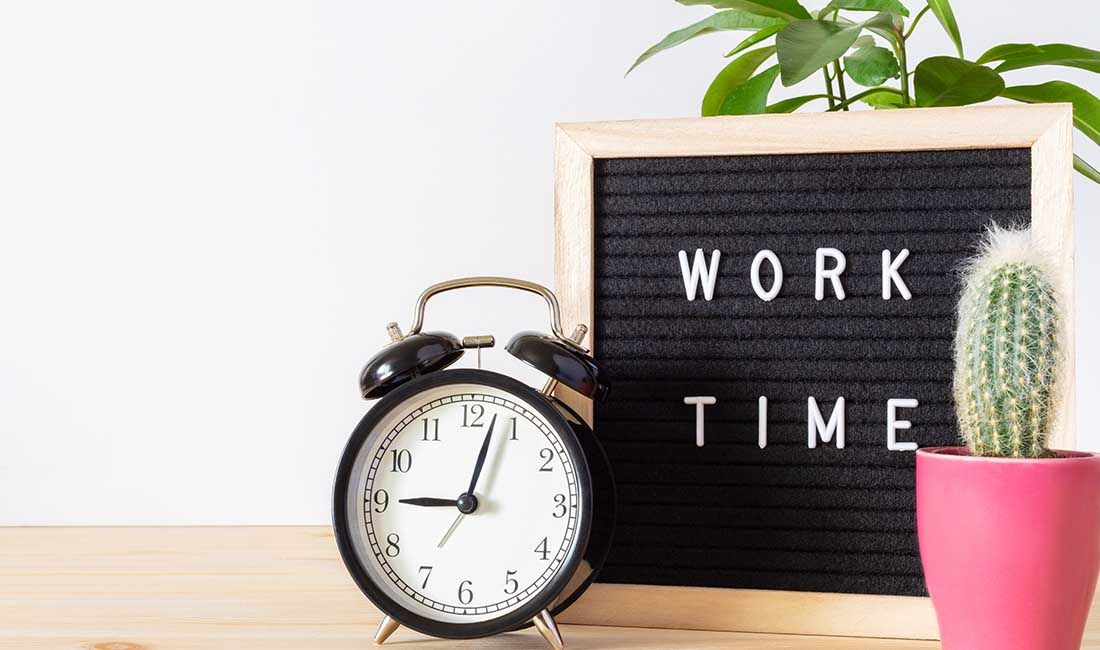Sleep Hygiene and Insomnia

| W.E.U Admin | Mental & Emotional Health
TAGS: Health, Insomnia, Sleep
Over the years, many of our members have shared how challenging it can be to get a good night’s sleep when dealing with issues at work or at home. Sleep is essential to our overall wellbeing, and persistent sleep difficulties can have a significant impact on both physical and mental health.
To support you, we’ve included on our website a helpful Fact Sheet: Sleep Hygiene & Insomnia, which offers some practical tips and guidance for improving your sleep.
If sleep problems persist or begin to affect your health, we strongly encourage you to speak with your GP for professional advice and support.
Stephen Morris
General Secretary
Workers of England Union
Sleep Hygiene & Insomnia: Fact Sheet
What is Sleep Hygiene?
Sleep hygiene refers to healthy habits, routines, and environmental factors that support a good night’s sleep. Practicing good sleep hygiene can help improve your sleep quality and prevent sleep problems.
Tips for Better Sleep
- Keep a Consistent Sleep Schedule: Go to bed and wake up at the same time every day—even on weekends.
- Create a Restful Sleep Environment: Keep your bedroom quiet, dark, and cool. Use blackout curtains if needed.
- Make Your Bedroom Clutter-Free: A tidy, calming space promotes relaxation.
- Establish a Wind-Down Routine: Try stretching, deep breathing, reading, or meditation before bed.
- Limit Naps: If needed, nap for only 20–30 minutes and not too late in the day.
- Use Your Bed Only for Sleep: Avoid working, eating, or watching TV in bed.
- Avoid Screens Before Bedtime: The blue light from phones and tablets can interfere with sleep hormones.
- Don’t Eat Large Meals Close to Bedtime: Heavy or spicy foods can disrupt sleep.
Why Sleep is Important
- Helps the body repair and grow
- Supports mental and emotional well-being
- Improves memory, focus, and decision-making
- Strengthens the immune system
What is Insomnia?
Insomnia is a common sleep disorder where a person has trouble falling asleep, staying asleep, or waking up too early.
Signs of Insomnia:
- Difficulty falling asleep
- Waking up often during the night
- Waking up too early
- Feeling tired after sleep
- Trouble functioning during the day
Types of Insomnia:
- Short-term (acute): Often linked to stress or life changes
- Long-term (chronic): Occurs regularly and lasts for 3+ months
What Can You Do?
- Start with healthy sleep habits
- Avoid caffeine, alcohol, and heavy meals before bed
- Try stress-relief techniques like mindfulness
- Seek help from a doctor if sleep issues continue
When to See a Doctor
If sleep problems:
- Are persistent
- Affect your mood, energy, or daily life
- Do not improve with healthy sleep habits
Talk to your GP or a sleep specialist for further support.
For additional sleep hygiene tips and guidance on managing insomnia, visit our full Sleep Hygiene & Insomnia Fact Sheet.
workersofengland.co.uk | Independent Workers Trade Union

















